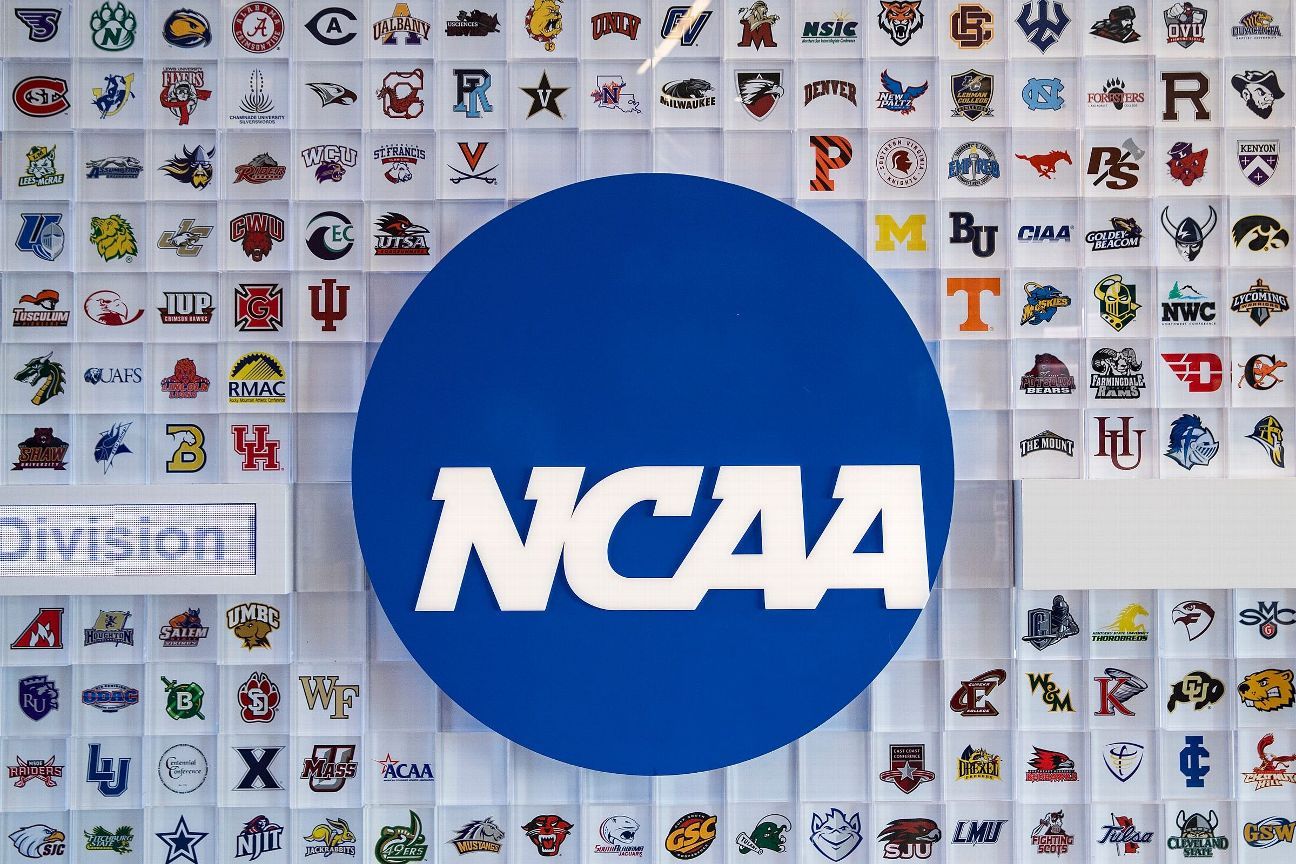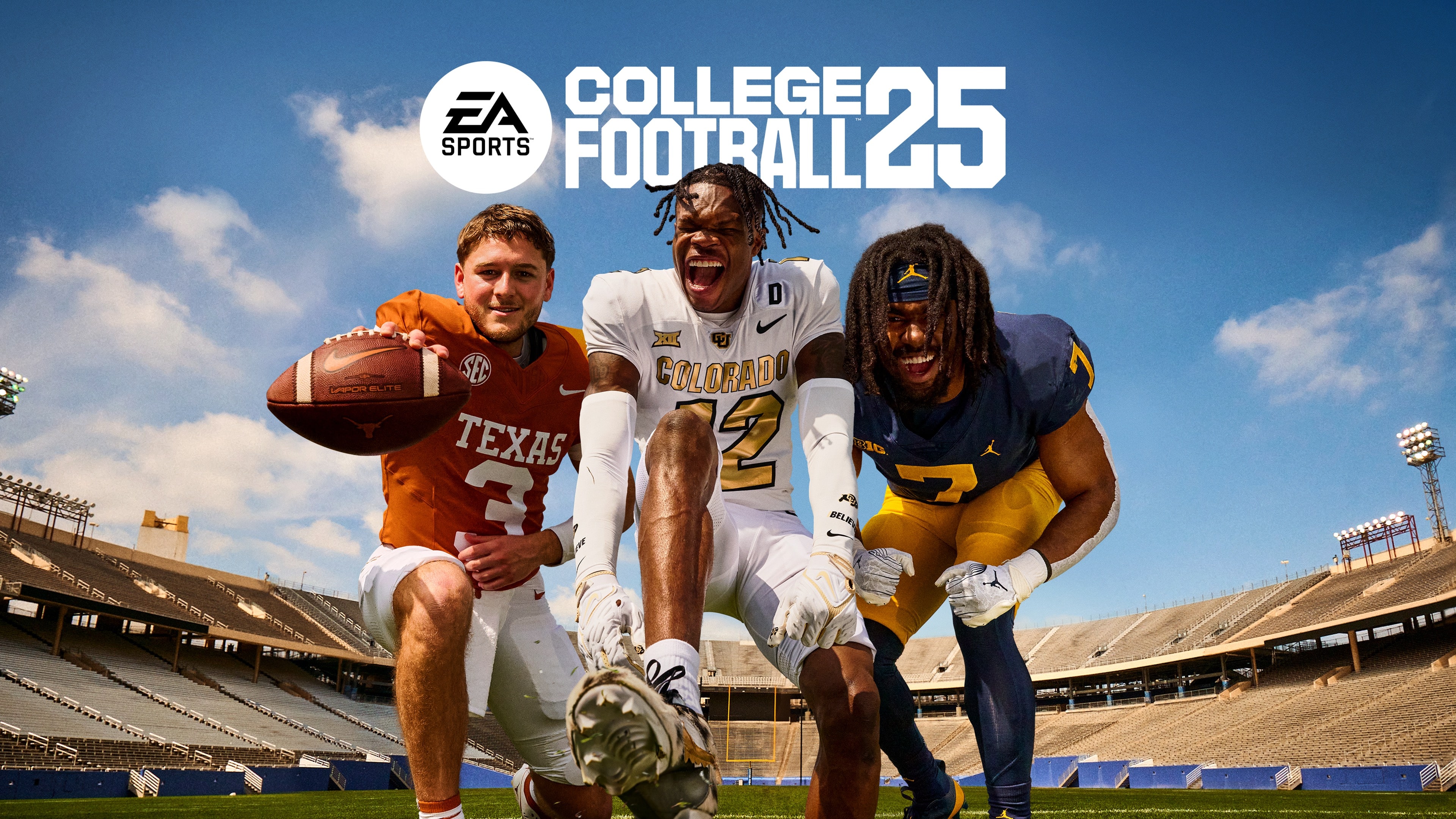NCAA Baseball Samford Mercer Ejections: What Happens When Things Get Heated?
College baseball games, especially those between rivals, can get pretty intense, can't they? When teams like Samford and Mercer face off, the competition is often fierce, and sometimes, a little too much emotion spills over. That's when you might see an umpire point to the dugout or a player, signaling an ejection. It's a moment that always catches your eye, and, well, it certainly changes the feel of the game right away.
So, what does it mean when a player or coach gets tossed from an NCAA baseball game, especially in a hotly contested series between, say, Samford and Mercer? It's not just about leaving the field; there are rules, consequences, and a whole lot of impact on the game itself. You might wonder, too it's almost, what prompts such a serious call from the officials?
This piece is here to pull back the curtain on NCAA baseball ejections, looking at the reasons they happen, the rules that govern them, and the ripple effects they have on teams and players. We'll explore the specific context of competitive matchups, like those between Samford and Mercer, where the stakes are high, and emotions, you know, can run a bit wild.
- Sofia Vergara Naked
- Vivienne Marcheline Jolie Pitt
- Cole Hauser Wife
- Nakoa Wolf Manakauapo Namakaeha Momoa
- Chosen Season 5 Release Date
Table of Contents
- What Are NCAA Baseball Ejections?
- The Rules of the Game: NCAA Perspective
- Impact on Samford and Mercer Matchups
- Preventing Ejections and Promoting Fair Play
- Frequently Asked Questions About Ejections
- Looking Ahead to Fairer Play
What Are NCAA Baseball Ejections?
An ejection in NCAA baseball happens when an umpire removes a player, coach, or even a team staff member from the game. This action is a serious one, indicating that someone has violated the rules of conduct or sportsmanship in a way that can't be overlooked. It's a way, you know, to maintain order and ensure fair play on the field, which is very important for the integrity of college sports.
Common Reasons for Ejection
There are several actions that might lead to an ejection. Often, it's about unsportsmanlike conduct, which is a broad category. This could include arguing too aggressively with an umpire, using bad language, or making gestures that are not appropriate. Sometimes, a player might intentionally throw a pitch at an opposing batter, which is seen as a very serious offense and usually leads to an immediate ejection, too it's almost.
Other reasons could be things like physical contact with an umpire, even if it's just a bump, or persistent rule violations after being warned. For coaches, it might involve leaving the dugout to argue excessively, or even failing to control their players' behavior. These actions, you know, just cross a line that the rules are there to protect.
- Ellen Degeneres Moving
- When Did Selena Die
- Zendaya And Tom Holland Engaged
- How Old Is Moana In Moana 2
- Megyn Kelly Husband
The Umpire's Role
Umpires are the ones who make the call on ejections. They have a tough job, needing to keep a close watch on the game while also managing the emotions of players and coaches. Their main goal is to ensure the game is played fairly and safely, and that everyone respects the rules. So, when an umpire makes the decision to eject someone, it's usually after they feel a line has been crossed, and, in some respects, it's a last resort.
They are, after all, the arbiters of the game, and their decisions, while sometimes debated, are final. Their authority is a key part of how the NCAA, as an organization that regulates student athletics among about 1,100 schools, ensures fair competition.
The Rules of the Game: NCAA Perspective
The National Collegiate Athletic Association (NCAA) has a very clear set of rules that govern player and coach conduct. These rules are put in place to keep the games competitive but also to make sure they are played with respect and integrity. The NCAA, as a nonprofit organization, really focuses on the student-athlete experience, and that includes teaching good sportsmanship, you know.
Sportsmanship and Conduct
Sportsmanship is a big deal in college sports. The NCAA wants players and coaches to compete hard but also to show respect for their opponents, the officials, and the game itself. This means avoiding actions that could be seen as taunting, disrespectful, or overly aggressive. It's about playing with passion, but also, you know, with class.
For instance, the NCAA aims to foster an environment where student-athletes can thrive, not just in their sport but as individuals. Part of that, arguably, is learning how to handle intense moments without resorting to actions that disrupt the game or disrespect others.
Penalties and Suspensions
When someone is ejected from an NCAA baseball game, the consequences don't always end there. Often, an ejection comes with an automatic suspension for the next game. For very serious offenses, or if someone has been ejected multiple times, the penalties can be even more severe, sometimes leading to longer suspensions. This is to make sure that people learn from their actions and that the rules are taken seriously, you know, across all divisions in the NCAA.
These rules are pretty consistent across all college sports, whether it's March Madness basketball or a regular season baseball game. The NCAA wants to make sure that the playing field is fair for everyone, and that includes making sure that conduct is, you know, always within acceptable limits.
Impact on Samford and Mercer Matchups
When you have a rivalry as strong as Samford versus Mercer in NCAA baseball, every play, every pitch, and every decision matters a whole lot. Ejections in these kinds of games can have a truly big impact, not just on the immediate play but on the whole feel of the series. The intensity of these matchups, you know, can sometimes make tempers flare a little bit.
How Ejections Affect Game Strategy
An ejection, especially of a key player or a coach, can totally change a team's strategy mid-game. If a star hitter gets tossed, the coach has to rearrange the lineup, which might mean putting in a less experienced player or moving someone out of their usual spot. This can mess with the team's rhythm and, you know, force them to adapt quickly.
For coaches, an ejection means they lose a vital voice in the dugout, someone who makes strategic calls and motivates the players. This can be a really big deal in a close game against a tough opponent like Mercer, or for Samford, you know. It means the remaining staff have to step up, and, in some respects, take on more responsibility right away.
Team Dynamics After an Ejection
Beyond the strategy, an ejection can also affect the team's mental state. Sometimes, it can fire up the remaining players, making them want to win even more for their ejected teammate or coach. Other times, it can be a bit deflating, making the team feel like they're at a disadvantage. It's a very interesting psychological aspect of the game, you know.
The way a team responds to an ejection often shows a lot about their resilience and togetherness. For Samford and Mercer, where every game against each other is a battle, handling these moments with composure is, you know, quite important. It's a test of their collective spirit, and, apparently, how well they can keep their focus.
Preventing Ejections and Promoting Fair Play
Nobody wants to see ejections in a game, especially not in college baseball where the focus is so much on developing young athletes. So, how do teams and coaches work to prevent these incidents and make sure the game is played fairly? It's a continuous effort, you know, that involves everyone from the players to the coaching staff.
Coaching Strategies
Good coaches play a huge role in keeping their teams composed. They teach their players not just the skills of baseball but also how to manage their emotions and respect the game. This means setting clear expectations for behavior, talking about the rules, and emphasizing that reacting poorly to calls or opponents is, you know, never the answer.
Coaches often use practice time to discuss scenarios that might lead to ejections, helping players understand the consequences and how to avoid them. They try to instill a sense of discipline and self-control, which is very valuable both on and off the field, you know, throughout their time playing college sports.
Player Responsibility
Ultimately, though, it's up to the players themselves to control their actions. They are the ones on the field, making decisions in the heat of the moment. Learning to take a deep breath, walk away from a heated discussion, or just focus on the next play are all important skills for a college athlete. It's a sign of maturity, and, you know, a commitment to their team.
The NCAA really encourages student-athletes to take ownership of their behavior, understanding that they represent their school and the sport. This focus on personal responsibility is a core part of what it means to compete at an NCAA school, and, arguably, it helps build better people, too.
Frequently Asked Questions About Ejections
People often have questions about what happens when a player or coach gets ejected from a college baseball game. Here are some common ones:
What actions lead to an ejection in NCAA baseball?
Many things can lead to an ejection. It might be arguing too much with an umpire, using bad language, making inappropriate gestures, or even intentionally throwing a pitch at a batter. Sometimes, it's about persistent rule breaking after warnings, or physical contact with an official. Basically, it's any action that seriously goes against the rules of conduct and sportsmanship, you know.
What are the consequences for a player or coach ejected from an NCAA baseball game?
Usually, an ejected player or coach faces an automatic suspension for the very next game. If it's a particularly serious offense, or if someone has been ejected more than once, the NCAA can hand down longer suspensions. These penalties are meant to make sure everyone understands the importance of following the rules, and, in some respects, to deter future incidents.
Can an ejected player return to the game later?
No, once a player or coach is ejected from an NCAA baseball game, they cannot return to that game at all. Their removal is final for that specific contest. They must leave the playing area immediately, and, usually, they are not allowed to be in the dugout or even the stands for the rest of the game. It's a pretty clear cut rule, you know.
Looking Ahead to Fairer Play
The passion and excitement of NCAA baseball, especially in games between fierce competitors like Samford and Mercer, are what make the sport so compelling. Ejections, while sometimes a part of the game, are moments that remind everyone about the importance of rules, respect, and sportsmanship. It’s about competing with all you have, but always within the spirit of the game.
For fans, understanding why these things happen, and what the rules are, helps you appreciate the game even more. It’s a bit like seeing the full picture, you know. The NCAA, as an organization dedicated to student athletics, works hard to ensure these games are played fairly and safely. You can learn more about NCAA sports on our site, and also check out general college baseball rules to get a deeper sense of how it all works.
As the season continues, and teams like Samford and Mercer battle it out on the diamond, the hope is always for great plays, intense competition, and, you know, games played with the highest level of sportsmanship. That's what college baseball is all about, after all, and, arguably, what makes it so special to watch, too it's almost.
- Mauricio Umansky Girlfriend
- Kevin Costner Whitney Houston
- Vivienne Marcheline Jolie Pitt
- Andy Samberg Wife
- Glen Powell Capybara

NCAA proposes rule to let schools, athletes enter NIL deals - ESPN

EA SPORTS™ College Football 25

NCAA Division I Field Hockey Championship - Wikipedia